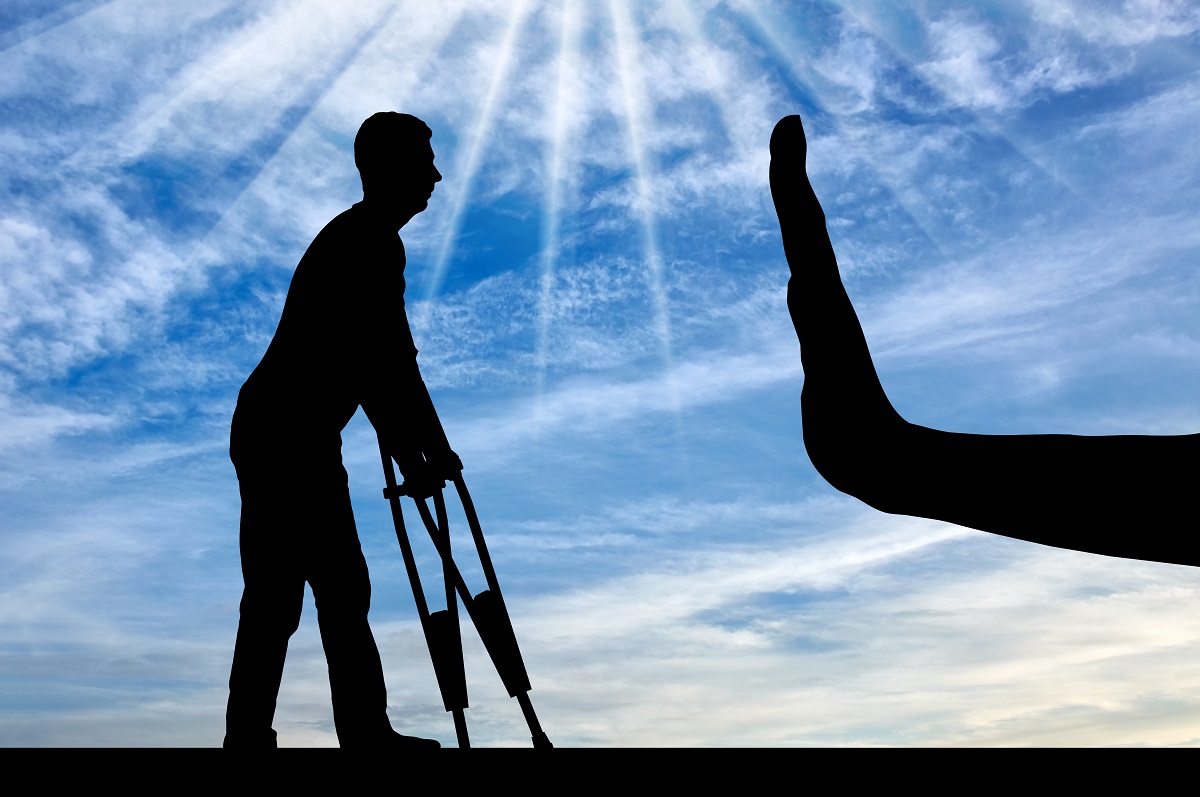Protecting People with Disability – What Is Mandatory Reporting?
Protecting People with Disability – What Is Mandatory Reporting?
Abuse and violence sadly are an occurance within the disabled community. For some people with disability, they may fail to recognise injustice occuring in the first place, or may lack the courage to speak up. Adding to this difficulty is a lack of timely information and assistance.
To safeguard individuals with disability, the Australian Human Rights Commission enacted mandatory reporting disability laws. The National Standards for Disability Services, on the other hand, encourage and reaffirm individual human rights. Furthermore, they improve service standards for organisations that assist individuals with disabilities, including their employees.
These regulations not only provide a framework for proper ethical practice within disability services, but have a no-tolerance view on any form of abuse, where perpetrators are held accountable.
Understanding these regulations is crucial for assisting those with disabilities, so services are carried out safely and ethically.
What is mandatory reporting in disability?
Mandatory reporting is a law that requires anybody in a position of trust with a person with a disability to report suspected cases of abuse or neglect to government authorities.
NDIS funded service providers and disability support workers are responsible for this reporting obligation. Mandatory reporters include healthcare professionals, police officers, teachers, and carers.
Why is mandatory reporting necessary for the protection of the disability sector?
Mandatory reporting works towards minimising cases of abuse in the disability sector. It also helps improve policies, procedures, and the enforcement of disability safety measures. In other words, data from filed reports assists government authorities in making the right decisions and enforcing laws surrounding disability.
What instances of suspected disability abuse can be reported and when?

People with disability are unfortunately more vulnerable to being victims of abuse, and this risk is only amplified for women and children with disability. People with disability may also have more difficulty seeking and recieving help.
As a disability service worker, you must take quick and empathetic action if you suspect or hear of ill-treatment or neglect of someone in your care. It is crucial that you report it immediately.
Examples of suspected cases of disability abuse
Abuse can be defined as any action that endangers a person’s health or well-being. This can take form as physical, emotional, or sexual abuse. However, other abusive behaviours in disability care can include:
- Restrictive practices – restraining or isolating an adult for reasons other than a medical necessity; it may also be the unavailability of a less stringent alternative to prevent self-harm.
- Financial abuse – the improper use or withholding of another person’s assets.
- Legal abuse – denial of access to justice or legal systems available to other citizens.
- Systemic abuse – failure to recognise, provide or seek to offer adequate or appropriate services, including services tailored to that person’s demographic profile, requirements, or preferences.
Any sign of abuse is considered a serious incident and needs to be actioned immediately. This is why staff need to set clear examples of mandatory reporting in disability to ensure that abuse is not tolerated.
Warning signs indicating something isn’t right
Mandatory reporters receive specialised training to help them recognise instances of abuse or mistreatment. However, there are a few obvious signs that someone is being mistreated, and these indicators include:
- Unexplained or unusual physical injury.
- Dehydration or a lack of nutrition.
- Poor hygiene.
- Nervous behaviour in the presence of a specific person.
- Reluctance to speak openly and avoidance of direct or indirect eye contact.
- Unexplained negative emotional or behavioural changes.
How to report suspected abuse or violence in the disability sector?

While reporting regulations are compulsory in all Australian states and territories, not all jurisdictions have the same mandatory reporting requirements. No matter what, mandated reporters must disclose suspected cases as soon as they have reasonable grounds to do so.
In Western Australia, mandated reporters and service providers must report suspected abuse to the Department of Communities. As it is mainly concerned with child abuse and sexual abuse, WA has rigorous mandatory reporting procedures.
Otherwise, contact the National Disability Abuse and Neglect hotline at 1800 880 052, the police, or child protection authorities. Doing so can help to keep people with disabilities safe from harm.
Does mandatory reporting apply to the elderly population?
Mandatory reporting does not extend to issues of elder abuse. However, there are separate state-by-state laws which dictate how one would report a case of elder abuse. In Western Australia, The Elder Abuse Protocol was developed assist staff and professionals working with older people respond to identify and respond to elder abuse.
If the adult is in a psychiatric or elderly care facility, health care professionals should report any incident of abuse as part of their ethical code of conduct.
Additionally, each Australian state have established helplines where caregivers who suspect elder abuse can voice their concerns.
Legal and Ethical Ethical Requirements of Mandatory Reporting In Disability – What Happens If Mandatory Reporting Is Not Followed?
As mandated reporters are legally required to report suspicious cases, failing to do so could result in a $6,000 fine.
They could also face legal consequences if they don’t file a report within three years of the due date.
Fostering health, safety, and happiness within the disability community
As an NDIS disability service provider, St Jude’s is dedicated to educating the community about disability-related issues. Our mission is to raise awareness about disability abuse and the appropriate measures to take in regards to suspected cases.
Our NDIS support coordinators undergo intensive training and strictly follow NDIS mandatory reporting requirements. St Jude’s is committed to remaining vigilant and improving our support for human rights, particularly for those with disability.
In addition, our wonderful NDIS psychosocial recovery coaches are available to help individuals with psychosocial disability cope with the difficulties of daily life, and support them working through trauma which could be caused by any past abuse.
St Jude’s is a reputable provider of healthcare and services for people with disability. Reach out to us if you have any queries or want to learn how we can help you.
If you or someone you know is in crisis and needs help now, call triple zero (000). You can also call Lifeline on 13 11 14 — 24 hours a day, 7 days a week.